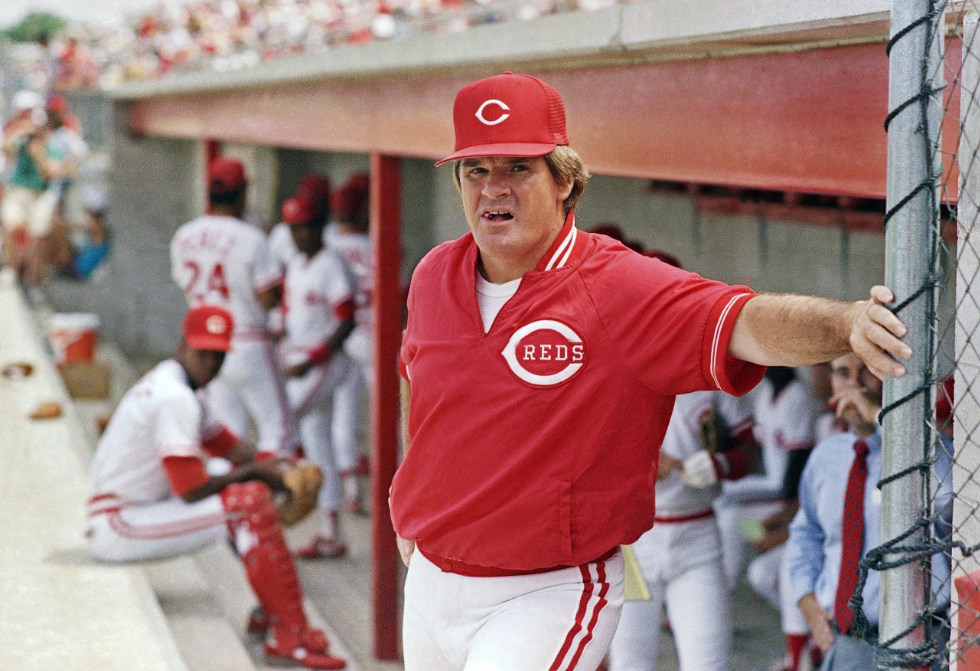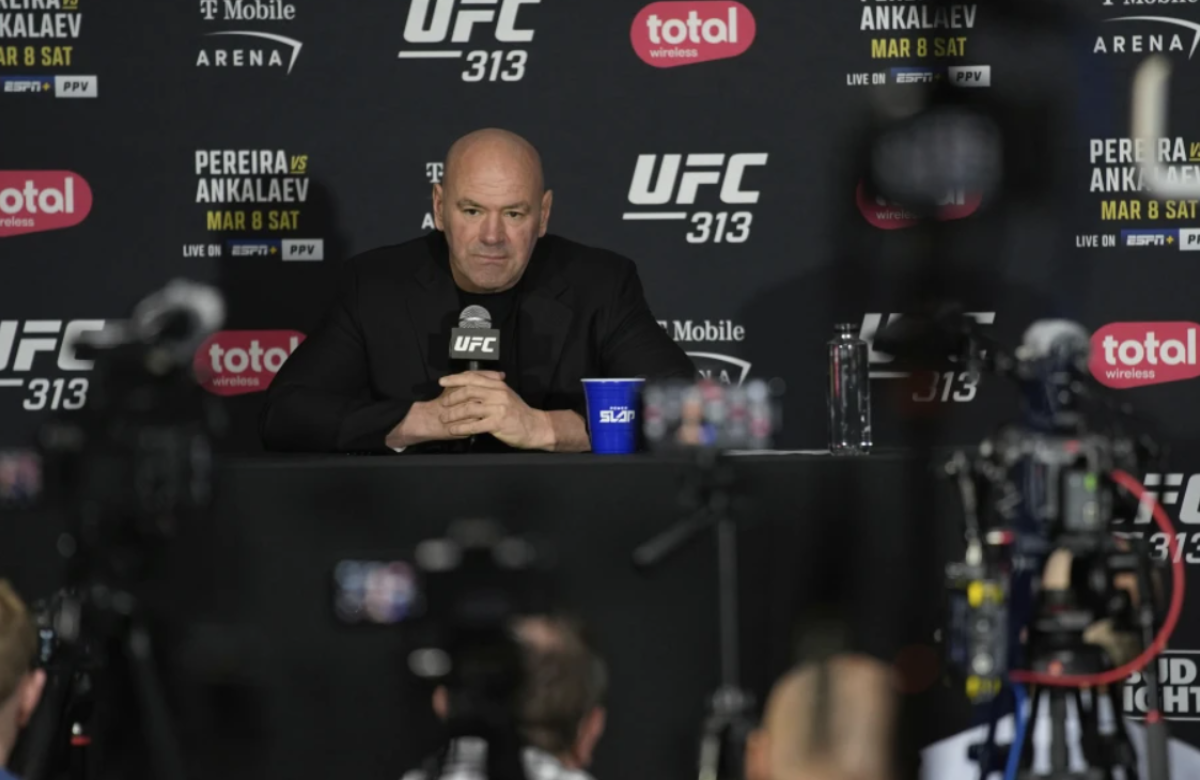Over a century has passed since Shoeless Joe Jackson and seven other members of the 1919 Black Sox were banned from baseball for throwing the World Series. It’s been more than 35 years since Pete Rose received a lifetime ban for gambling on baseball while playing for and managing the Cincinnati Reds in the 1980s.
Now, both players have been reinstated by MLB Commissioner Rob Manfred, making them eligible for the Hall of Fame. On the surface, this may seem like a softening stance in an era where legalized sports betting is widely accessible — from retail sportsbooks to mobile apps — but the league insists its commitment to protecting the integrity of the game is as strong as ever.
Gambling on baseball remains strictly prohibited. The reinstatement of Rose and Jackson doesn’t suggest leniency; rather, it reflects a change in MLB’s policy regarding permanent ineligibility. Under the new rule, lifetime bans will now expire upon death. This shift affects 17 individuals previously barred from the game, including players, coaches, and owners.
Manfred stated, “A person no longer with us cannot represent a threat to the integrity of the game. And there’s arguably no harsher penalty than a lifetime ban with no chance for reinstatement.”
Under current Hall of Fame guidelines, Jackson and Rose would not be eligible for induction until 2028. While their legacies remain overshadowed by scandal, the change opens the door to posthumous recognition.
The commissioner’s office continues to enforce strict gambling policies for active players. In 2024, Padres infielder Tucupita Marcano became the first active MLB player in over 100 years to be banned for life due to gambling on baseball. Four other players were suspended for one year for placing smaller bets as minor leaguers, none exceeding $1,000.
MLB’s partnership with betting companies has enhanced its ability to detect unusual betting patterns, leading to stronger monitoring. Umpire Pat Hoberg was dismissed after it was discovered he shared sports betting accounts with a friend who wagered on baseball. Meanwhile, Shohei Ohtani’s former interpreter, Ippei Mizuhara, received a prison sentence of nearly five years after stealing nearly $17 million from Ohtani’s bank account to pay gambling debts.
Manfred emphasized that the league’s vigilance is essential to maintaining public trust. “The rules on gambling have been fundamental to baseball for over a century. Enforcing them strictly is critical to safeguarding the game’s integrity,” he said while announcing Marcano’s ban.
Despite the policy change, some argue that reinstating Jackson and Rose could undermine public confidence. Marcus Giamatti, son of former commissioner A. Bartlett Giamatti, who originally banned Rose, expressed disappointment in Manfred’s decision. “It’s a dark day for baseball,” he said, adding that without integrity, the sport’s future could be at risk.
Still, many believe the league found a reasonable middle ground — acknowledging the historical contributions of players like Rose and Jackson without relaxing present-day enforcement.
Yankees manager Aaron Boone said he believes Rose has long deserved a place in the Hall of Fame. “Not to downplay the seriousness of what happened, but from a Hall of Fame perspective, it’s always seemed simple to me: he should be in.”
Public sentiment supporting Rose’s induction has grown over time. Known as “Charlie Hustle,” Rose was one of the most prolific players in MLB history, boasting records in hits (4,256), games played (3,562), at-bats (14,053), plate appearances (15,890), and singles (3,215). His accolades include 17 All-Star selections, Rookie of the Year in 1963, MVP in 1973, World Series MVP in 1975, and three National League batting titles.
Hall of Famer Mike Schmidt, who played for the Philadelphia Phillies, expressed support for Rose’s reinstatement, celebrating the opportunity for consideration after years of waiting.
Shoeless Joe Jackson, who died in 1951, remains one of baseball’s most iconic early figures, known for his .356 career batting average and immortalized in pop culture through the film Field of Dreams.
Both players may now have a path to Cooperstown by the end of the decade. While this development offers a measure of redemption, MLB continues to treat gambling violations as a serious threat to the game’s integrity — even in an age when betting has become easier than ever.
“To work your entire life to reach the majors and then lose it all to sports betting — that’s a steep price,” Manfred said last year. “But today, with legal betting infrastructure and better monitoring tools, we’re in a stronger position to protect the sport than ever before.”















